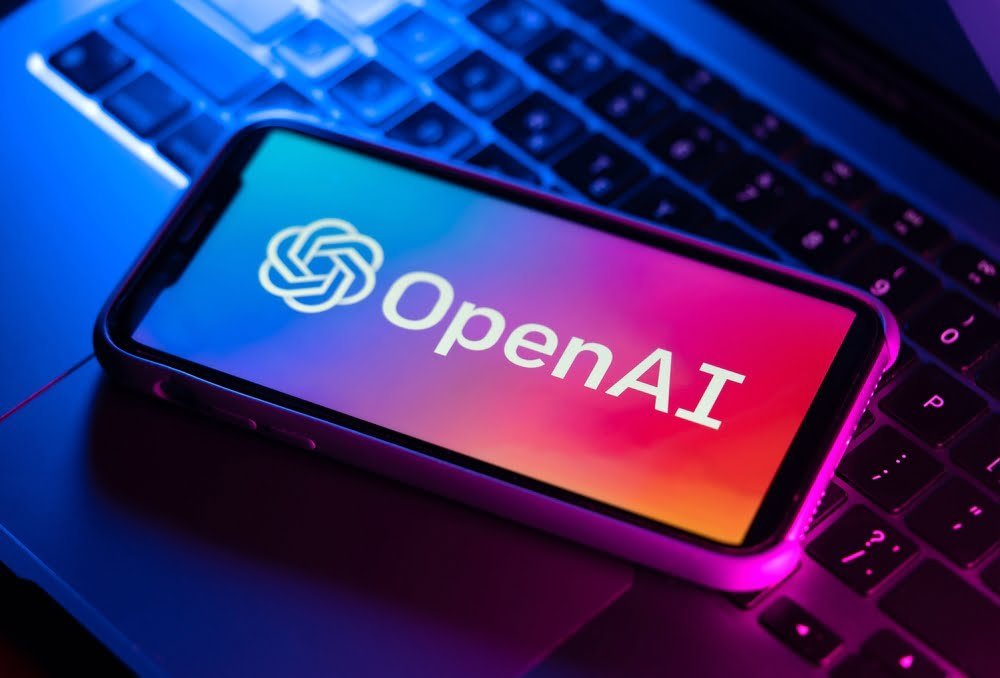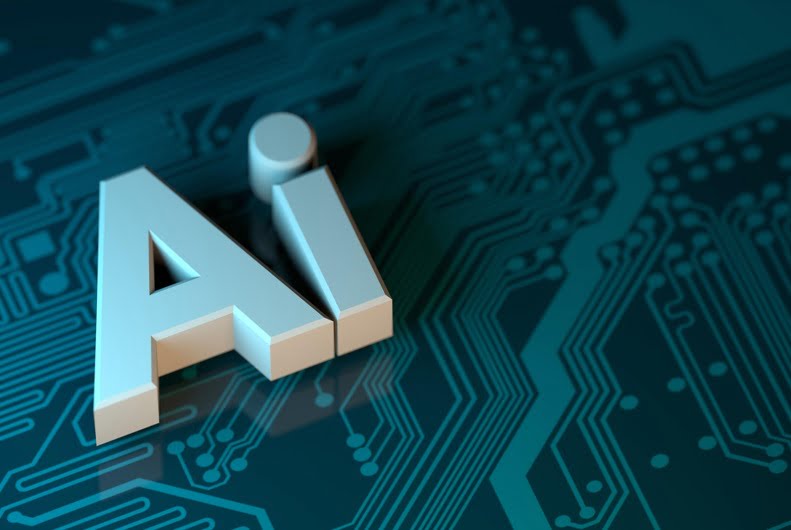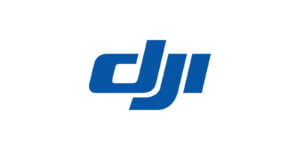The document reveals that OpenAI signed a letter of intent to spend $51 million on brain-inspired chips developed by startup Rain. OpenAI's CEO, Sam Altman, had previously made a personal one investment in Rain.
Sam Altman was reinstated as OpenAI CEO last month shortly after he was fired, but the company had continued to develop ChatGPT without him, he would still be standing by. During Altman's time as CEO, OpenAI had signed a letter of intent to spend $51 million on AI chips from a startup called Rain AI, a company in which he has also personally invested.
Based less than a mile from OpenAI's headquarters in San Francisco, Rain works on a chip it calls one neuromorphic processing unit, or NPU, designed to replicate functions of the human brain . OpenAI in 2019 signed a non-binding agreement to spend $51 million on the chips as they became available, according to a copy of the deal and Rain's disclosures to investors this year, seen by WIRED. Rain told investors that Altman had personally invested more than $1 million in the company. The letter of intent has not previously been reported.
The investor filings said Rain could get its first hardware to customers as early as October next year. OpenAI spokeswoman Kayla Wood released a company statement saying it had not moved forward with Rain. “Over four years ago, we signed a non-binding letter of intent with Rain to engage in discussions for a written agreement; "We have not moved forward with the next step," the statement said. "We are open to future discussions with Rain." Rain CEO William Passo says the startup "looks forward to future discussions with OpenAI and others about how our technology can drive the future of AI."

OpenAI's letter of intent with Rain shows how Altman's web of personal investments can become entangled in his mission as OpenAI CEO. His previous position at leading startup incubator Y Combinator helped Altman become one of Silicon Valley's most prominent dealmakers, investing in dozens of startups and acting as a broker between entrepreneurs and the world's largest companies. But the distraction and confusion of his innumerable pursuits played some part in his recency dismissed OpenAI's board of directors for disingenuous communication, according to people involved in the situation but not authorized to discuss it.
The Rain deal also underscores OpenAI's willingness to spend large sums to secure supplies of chips needed to support cutting-edge AI projects. Altman has publicly complained about one "brutal crisis" for AI chips and their "conspicuous" costs. OpenAI leverages Microsoft's powerful cloud, its primary investors , but has periodically disabled access to features in ChatGPT due to hardware limitations. According to a blog post about a closed meeting he held with developers, Altman has said that the pace of AI progress may depend on new chip designs and supply chains.
Rain presented its progress to potential investors earlier this year, predicting that as soon as this month it could “tape out” a test chip, a standard milestone in chip development that refers to a design that is ready for manufacturing. But the startup recently reshuffled its leadership and investors after a US government agency that oversees investments for national security risks reportedly ordered Saudi Arabia-linked fund Prosperity7 Ventures to sell its stake in the company. The fund had led a fundraising of $25 million as advertised by Rain in early 2022.
It forced the removal of the fund, as first was reported by Bloomberg on Thursday and described in the documents seen by WIRED, could add to Rain's challenges in bringing a new chip technology to market, potentially delaying the day OpenAI can cash in on its $51 million advance order. Silicon Valley-based Grab the VC acquired the shares; it and the Saudi fund did not respond to requests for comment.
US concerns over Prosperity7's deal with Rain also raise questions about another attempt by Altman to increase the world's supply of AI chips. He has been talking to investors in the Middle East in recent months to raise money to start a new chip company to help OpenAI and others diversify beyond their current reliance on Nvidia GPUs and specialized chips from Google, Amazon and some smaller suppliers, according to two people who requested anonymity to discuss private conversations.
Brain Trust
Founded in 2017, Rain has claimed that its brain-inspired NPUs will provide potentially 100x more computing power and, for training, 10,000 times higher energy efficiency than GPUs, the graphics chips that are the workhorses of AI developers like OpenAI and primarily come from Nvidia.
Altman led one of Rain's seed fundings in 2018, the company has said, the year before OpenAI agreed to spend $51 million on its pitches. Rain now has about 40 employees, including experts in both AI algorithm development and traditional chip design, according to the disclosures.
The startup appears to have quietly changed CEOs this year, now listing founding CEO Gordon Wilson as an executive advisor on its website, with former law firm Passo getting a promotion to CEO from COO.
Wilson confirmed his resignation in a LinkedIn post on Thursday, but did not give a reason. "Rain is poised to build a product that will define new AI chip markets and massively disrupt existing ones," he wrote. "Moving forward, I will continue to help Rain in any way I can." More than 400 LinkedIn users, including some whose profiles say they are Rain employees, commented on Wilson's post or reacted to it with a heart or thumbs up emoji — Passo was not among them. Wilson declined to comment for this story.

The company will search for an industry veteran to permanently replace Wilson, according to an October announcement.
Rain's initial chips are based on The open source RISC-V architecture endorsed by Google, Qualcomm and other tech companies and targeting what the tech industry calls edge devices, located far from data centers, such as phones, drones, cars and robots. Rain aims to provide a chip that can both train machine algorithms and execute them when they are ready for deployment. Most edge chip designs today, which those found in smartphones , focuses on the latter, known as inference. How OpenAI would use Rain chips could not be determined.
Rain has at one point claimed to investors that it has held advanced talks to sell systems to Google, Oracle, Meta, Microsoft and Amazon. Microsoft declined to comment, and the other companies did not respond to requests for comment.
Security fear
The funding round led by Prosperity7 announced last year brought Rain's total funding to $33 million as of April 2022. That was enough to operate until early 2025 and valued the company at $90 million excluding the new money raised, according to disclosures to investors. The documents cited Altman's personal investment and Rain's letter of intent with OpenAI as reasons to support the company.
In a press release from Rain for fundraising last year, Altman applauded the startup for to have produced a prototype in 2021 and said it "could significantly reduce the cost of creating powerful AI models and hopefully one day help enable true artificial general intelligence."
Prosperity7's investment in Rain attracted interest from the interagency Committee on Foreign Investment in the United States, which has the power to reject deals deemed to threaten national security.
CFIUS, as the committee is known, has long been concerned about China gaining access to advanced American semiconductors, and has become increasingly concerned that China is using intermediaries in the Middle East to quietly learn more about critical technology, says Nevena Simidjiyska, a partner at law firm Fox Rothschild who helps clients with CFIUS reviews. "The government doesn't care about the money," she says. “It cares about access and control and the power of the foreign party.”
Rain received a small seed investment from Chinese search engine Baidu's venture unit, apparently without issue, but the larger Saudi investment raised significant concerns. Prosperity7, a unit of Aramco Ventures, which is part of state-owned Saudi Aramco, could have possibly landed the oil giant and other major Middle Eastern companies as clients but also put Rain in close contact with the Saudi government.
Megan Apper, a spokeswoman for CFIUS, says the panel is "committed to taking all necessary actions within its authority to protect the national security of the United States" but that "in accordance with law and practice, CFIUS does not comment publicly on transactions that it may or may not review."
Data disclosed by CFIUS shows that the reviews hundreds of trades annually and, in the few cases where it has concerns, it usually devises safeguards, such as preventing a foreign investor from taking a board seat. It could not be determined why the committee demanded a full divestment from Rain.
Three lawyers who regularly work on sensitive deals say they could not recall any previous Saudi deals completely blocked by CFIUS. “Divestments themselves have been fairly rare for the past 20 years and has largely been a remedy reserved for Chinese investors,” said Luciano Racco, head of the international trade and national security practice at law firm Foley Hoag.
OpenAI will likely need to find partners with deep supporters if it is to gain control of its hardware needs. Competitors Amazon and Google have spent years developing theirs own customized chips for AI projects and can fund them with revenue from their lucrative core businesses. Altman have refused to rule out that OpenAI makes its own chips, but even that would require significant funding.














